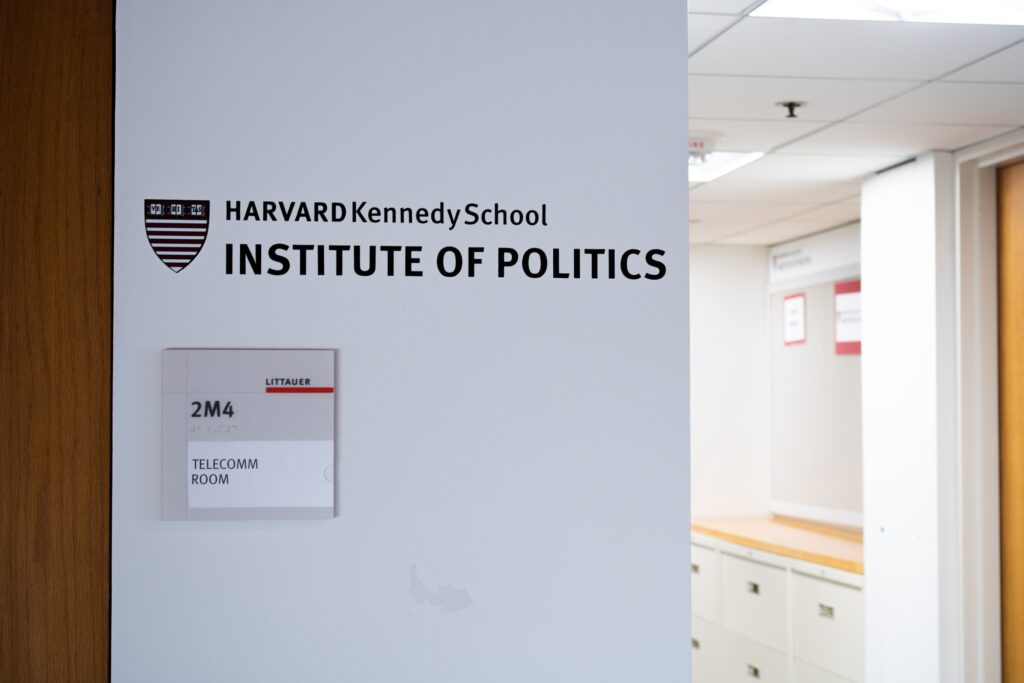Earlier today, an editorial was published in The Crimson suggesting that the Institute of Politics needs to move away from its founding principles of nonpartisanship.
Nearly 60 years ago, President John F. Kennedy ’40 envisioned IOP as a space where undergraduate students could engage with and learn from scholars, politicians, activists, and policy makers. Its goal is to inspire students to think about careers in politics and public service, and to do so through opportunities for civic engagement and lively debate, stimulating dialogue and debate across diverse perspectives, and encouraging students to think about careers in politics and public service in the United States and surrounding communities. The goal was to prepare students for effective political leadership in the United States. world.
As director and leader of the IOP, I believe that for the IOP to be successful, experiential learning must occur on a bipartisan basis. True political leadership requires listening and being curious about different perspectives, some of which may differ from our own. It requires you to strive to understand what other people care about and what motivates them. Bipartisan dialogue is essential to moving our country forward.
At its core, IOP is committed to encouraging students to critically examine and think creatively about politics and public affairs – all politics and all public issues. It cannot be done effectively if only one side is represented. Anything less would be a disservice to our students and to our country.
Setti D. Warren is director of the Institute of Politics at Harvard University.



